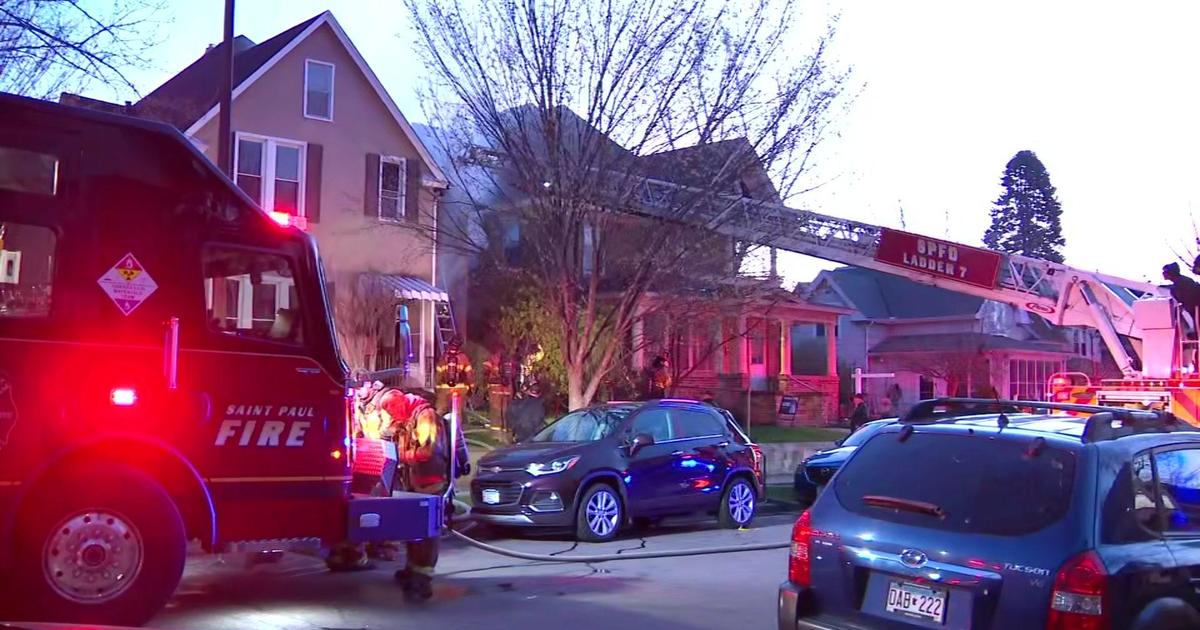Good Question: What Happens When We Don't Get Enough Sleep?
MINNEAPOLIS (WCCO) -- Getting enough sleep? Probably not. A new study from RAND Corporation finds Americans' lack of sleep adds up to more than $440 billion in lost work productivity every year.
So, what's happening to us when we don't sleep? Good Question.
"People have this belief that sleep is a passive thing, that the body just turns off for sleep," says Dr. Andrew Stiehm, a sleep expert with Allina Health. "Actually, sleep can be a very active thing."
When we sleep, our memories are changed from short- to long-term, essentially putting them in a vault during rest.
"Our batteries have become depleted, and there are some waste products that are made by our depleted batteries and those have to be restored," says Dr. Stiehm.
Adults should be sleeping seven to nine hours a night. According to the Centers for Disease Control, 35 percent of people sleep less than seven hours. In the short-term, the lack of sleep affects memory and the ability to concentrate and focus. It can made people less patient and more irritable. It can even affect cognitive ability.
"If I had you count to 100 and told you at one point I was going to skip a number, you would have a better ability to catch the number I skipped if you were well-rested," says Dr. Stiehm.
Being sleepy also makes people more hungry and more likely to gain weight. Not only do people have less impulse control, their cortisol levels rise when they're sleep deprived. Cortisol is one of the hormones that makes people want to eat more.
Long-term, Dr. Stiehm says, people who consistently get less than six hours a night for sleep have higher rates of heart disease, stroke, higher blood pressure and diabetes.
"People who sleep less than six hours do die younger than people who don't get sleep," he says. "This really is serious."
Getting people to sleep more is his most difficult job as a physician because most people – employers, spouses or children – don't reward longer stretches of sleep. He recommends people do to bed one half-hour earlier because our wake-up times are generally set. He also writes a prescription to patients for more sleep to make sure they understand how important it is.



